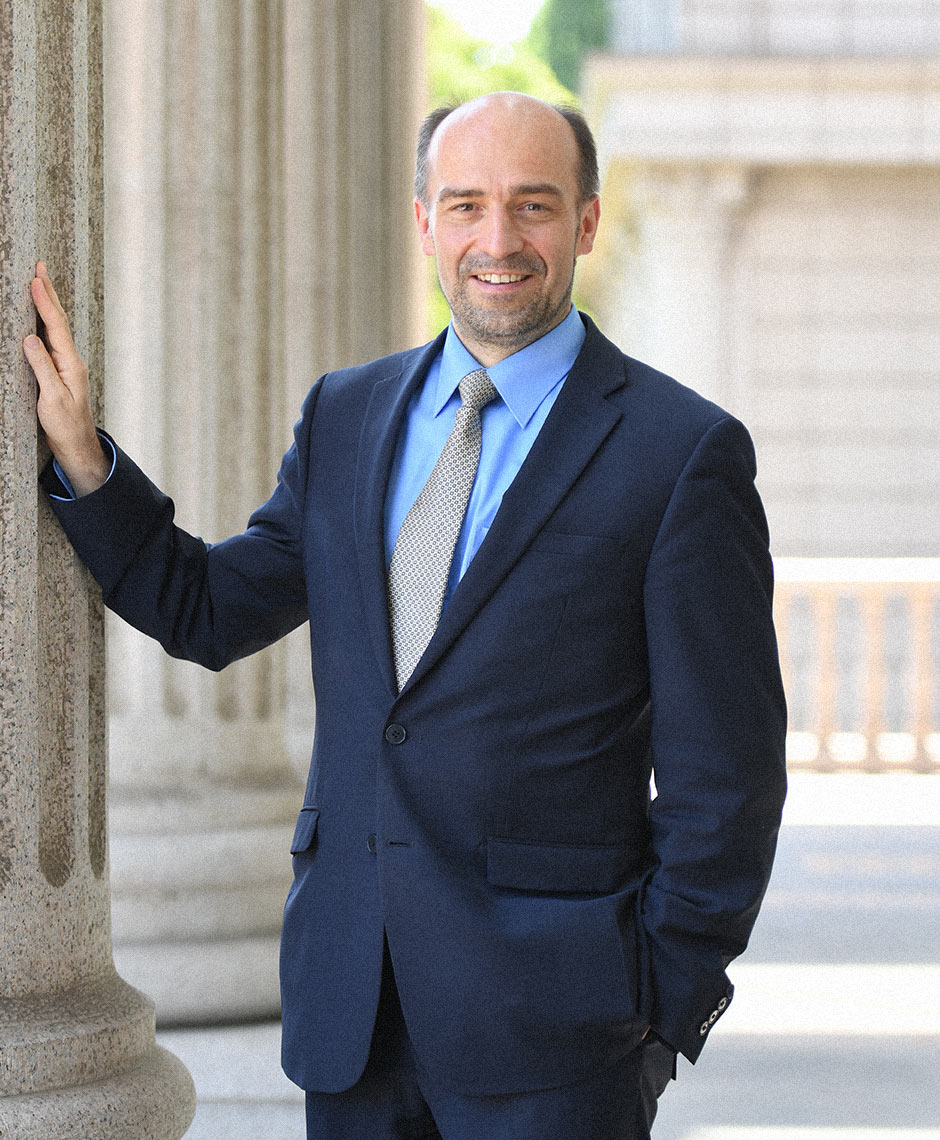—Makoto Takemiya, CEO of SORAMITSU



Richard is a Member of Linacre College, Oxford, and is a university professor in banking and finance. He is also a founding chair of Local First, a community interest company establishing not-for-profit community banks in the UK.
You can follow him on Twitter @scientificecon.
Richard was a member of the ECB Shadow Council. He founded, and has been director of the Centre for Banking, Finance and Sustainable Development—the first research centre to focus on the link between the financial sector and sustainability issues.
He was a full-time professor of monetary, macro and development economics (W3) at Goethe-University Frankfurt, and Professor of International Banking at the University of Southampton. He was assistant professor in economics and finance at Sophia University, Tokyo. He has also taught at Moscow State University, as well as at a number of other universities.
His work experience includes Jardine Fleming Securities (Asia) Ltd., Bear Stearns Asset Management Ltd., managing global macro funds, senior consultant to the Asian Development Bank and visiting scholar and visiting researcher at the Japanese Ministry of Finance and the Bank of Japan, respectively. He was also the first Shimomura Fellow at the Development Bank of Japan.
In 1992, while European Commission Fellow at Oxford University’s Institute for Economics and Statistics, Richard proposed the disaggregation of credit and its impact on asset markets and growth with his ‘Quantity Theory of Credit’. In 1995, he advanced the concept of ‘quantitative easing’ in Japan.
In its English edition of 2003, he warned of the coming creation of credit bubbles and banking crises in the eurozone.
So did his 2005 book ‘New Paradigm in Macroeconomics’.
In 2014, Richard published the first empirical proof of the fact that banks create money when they grant loans.